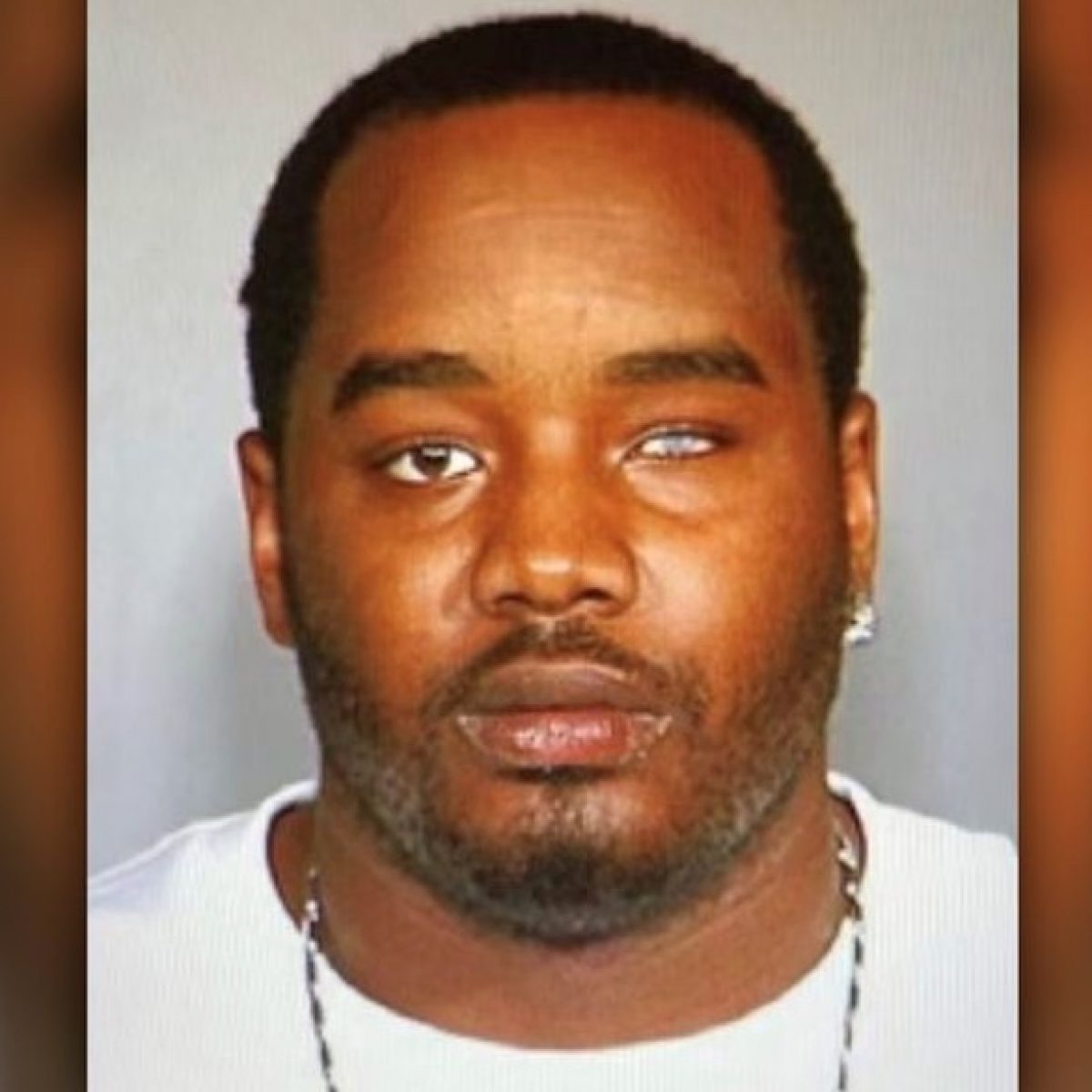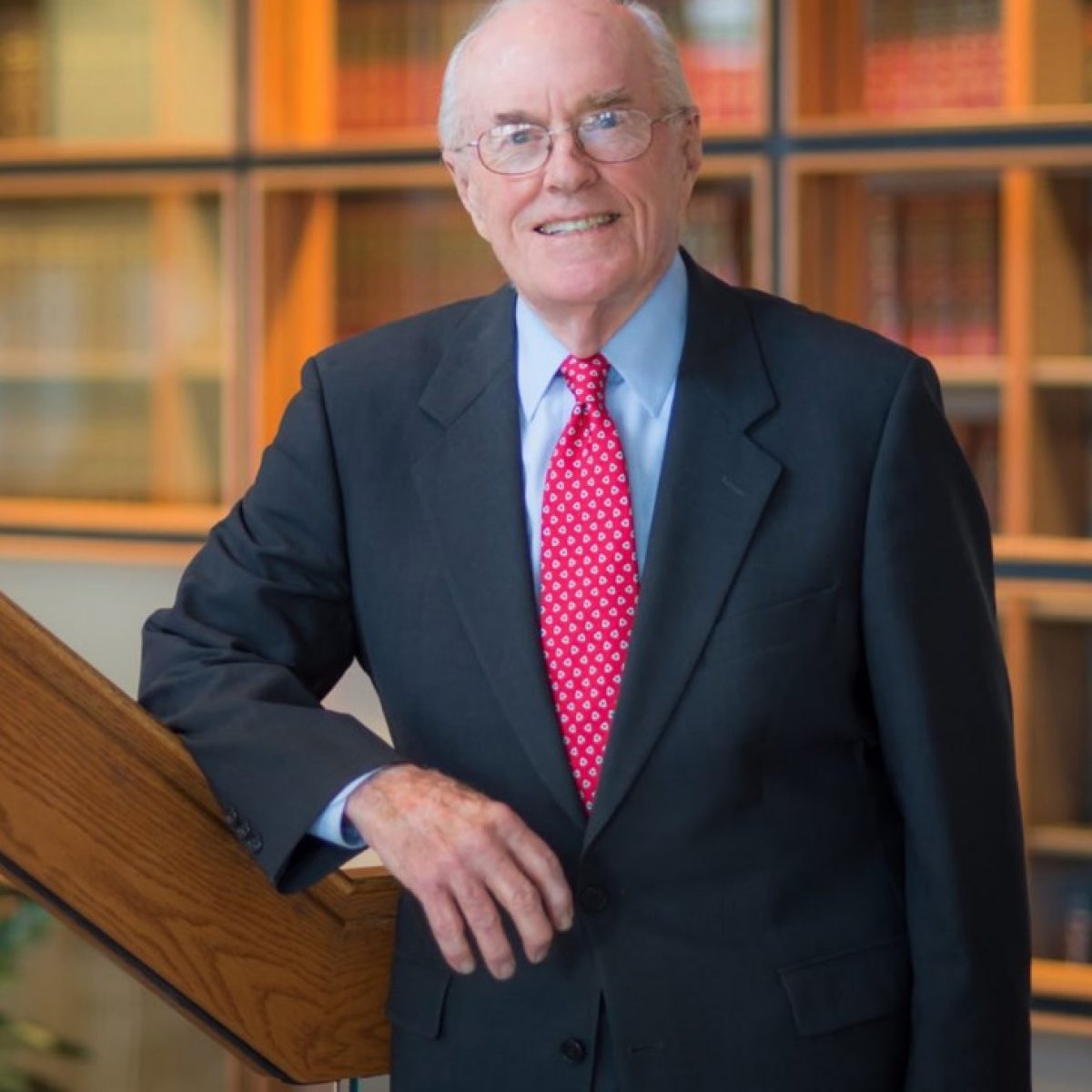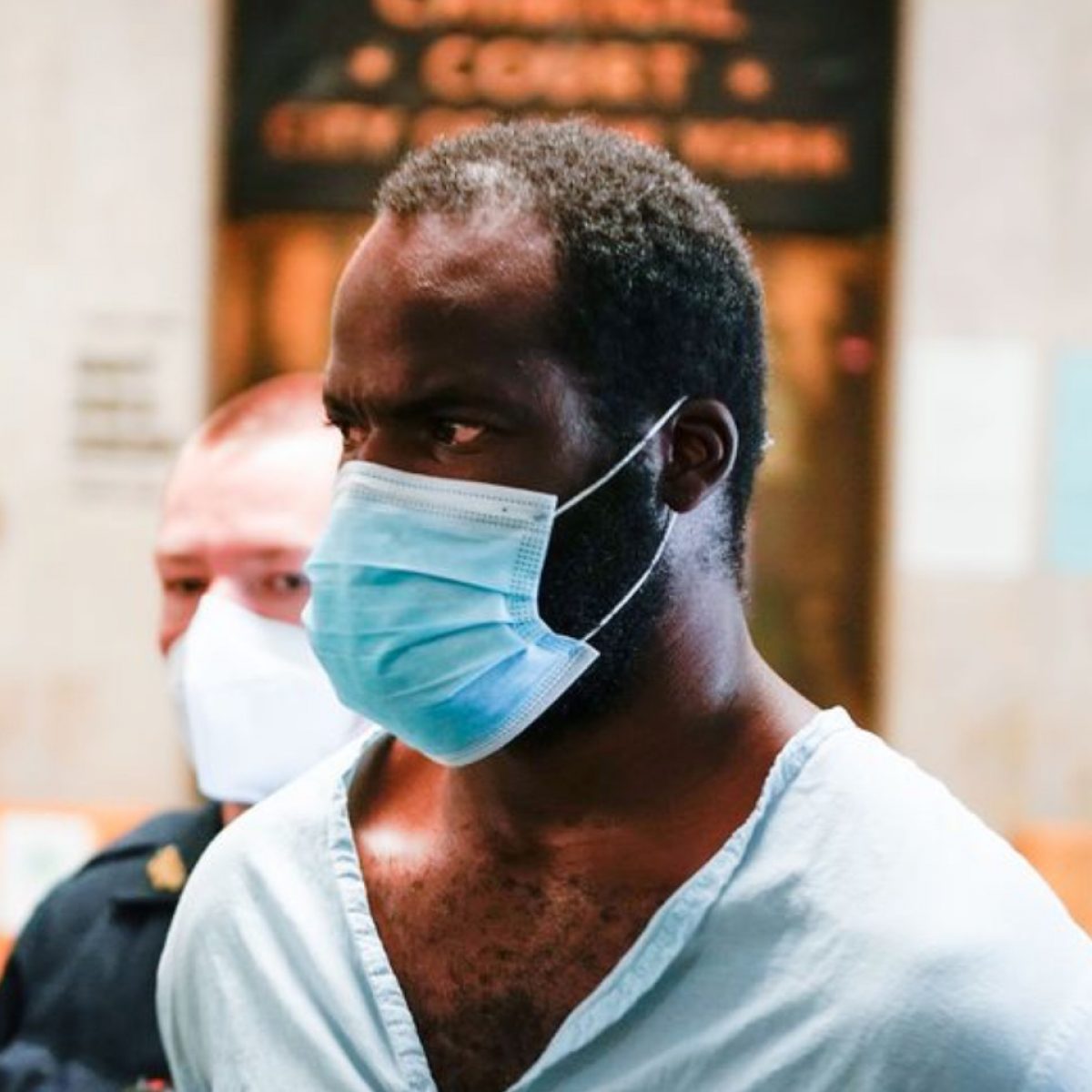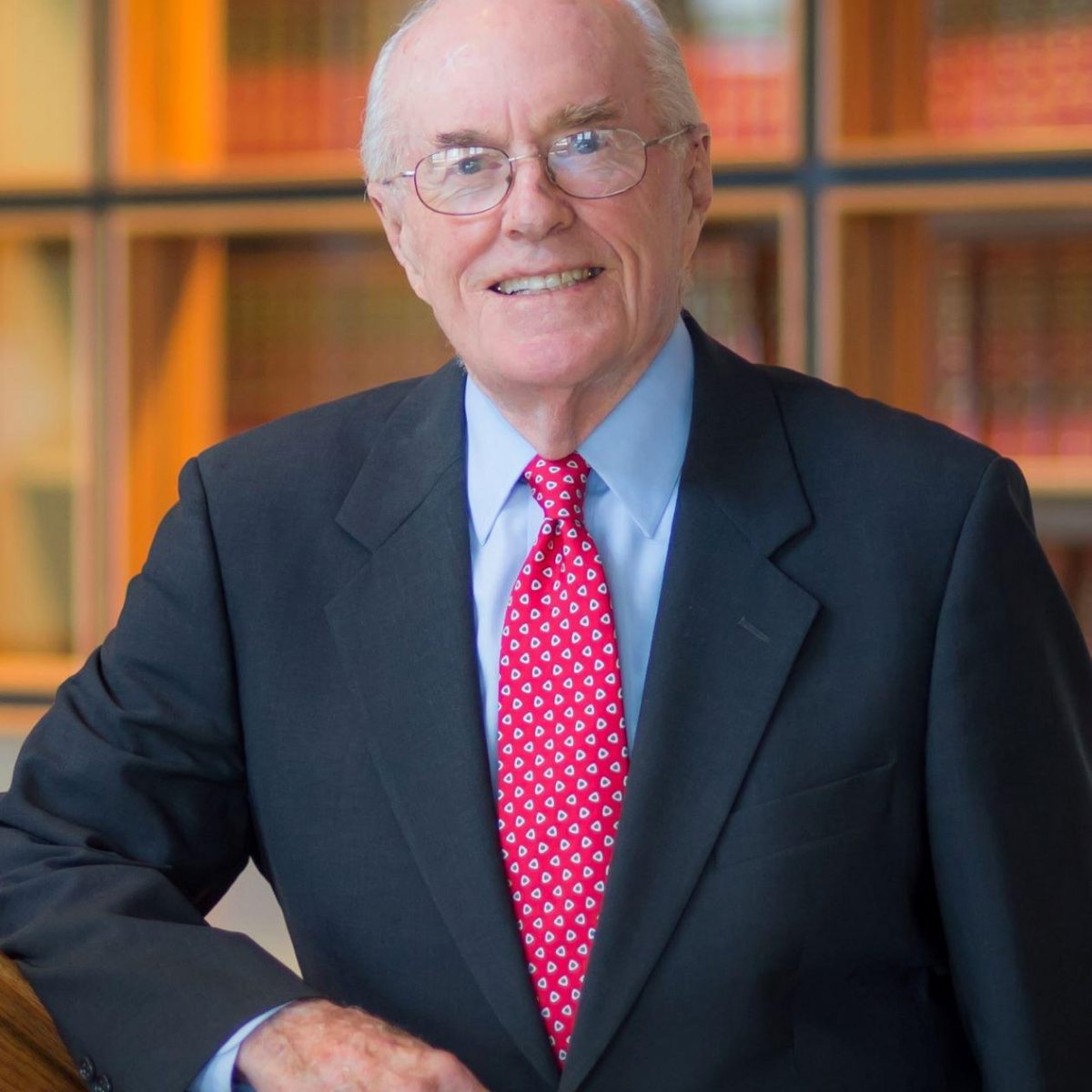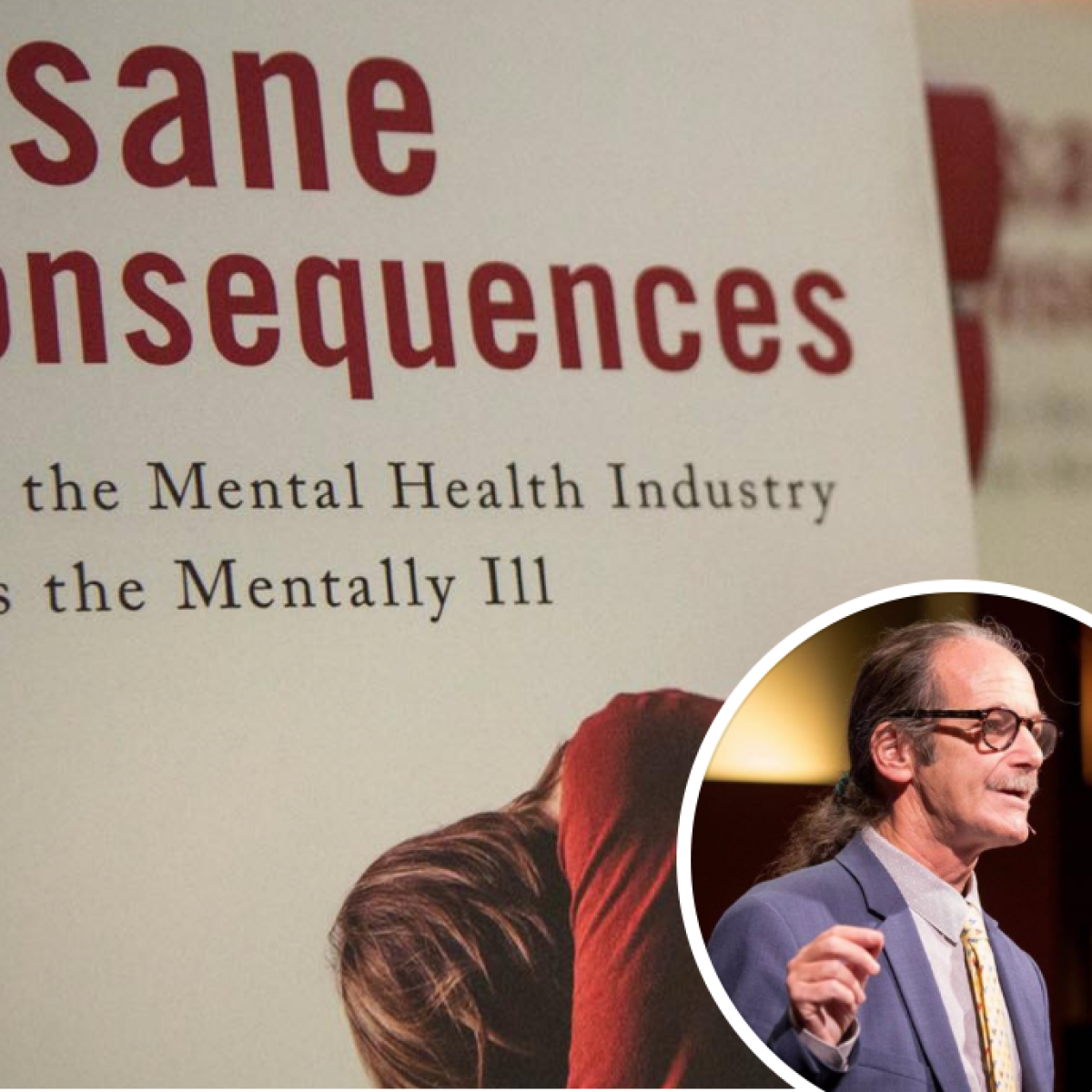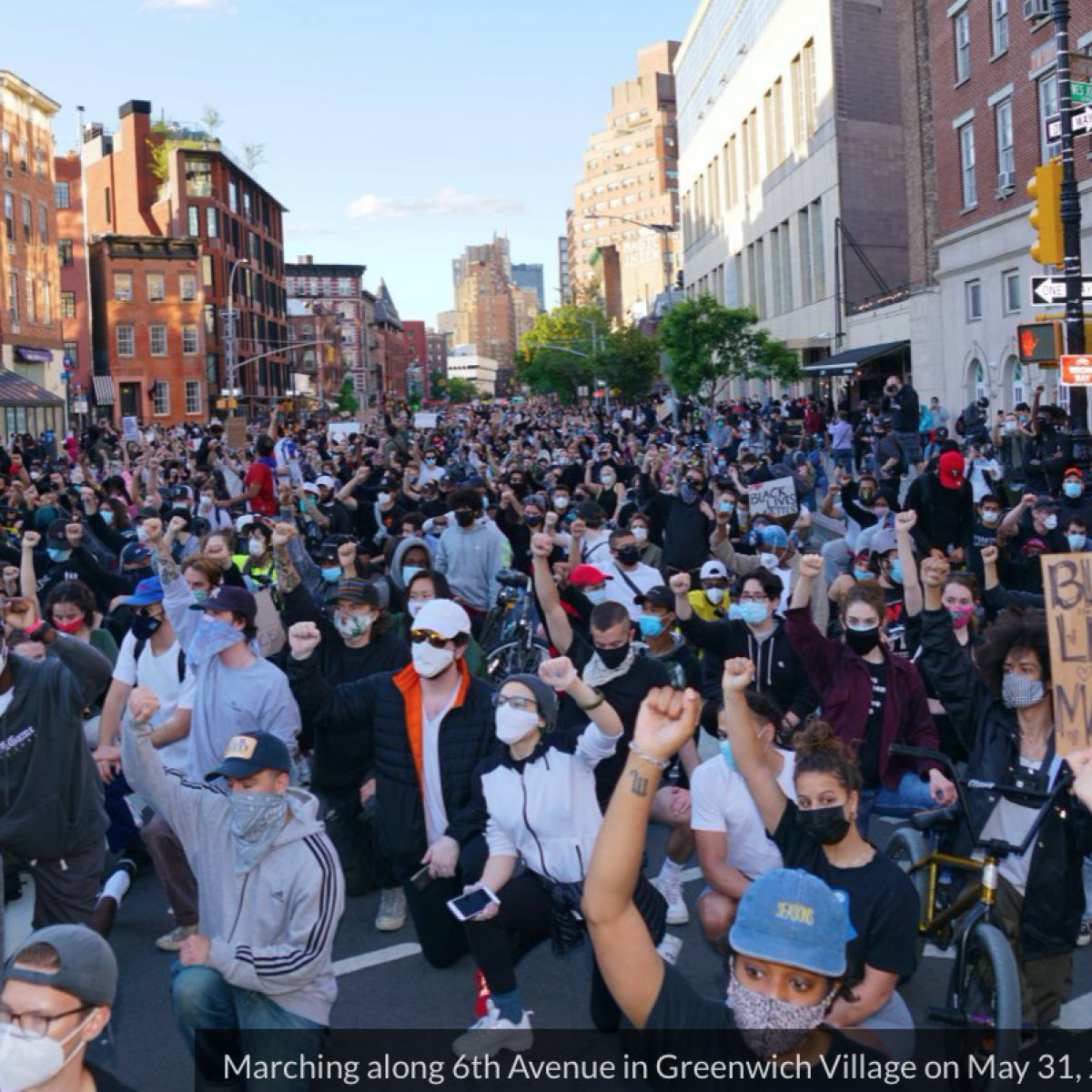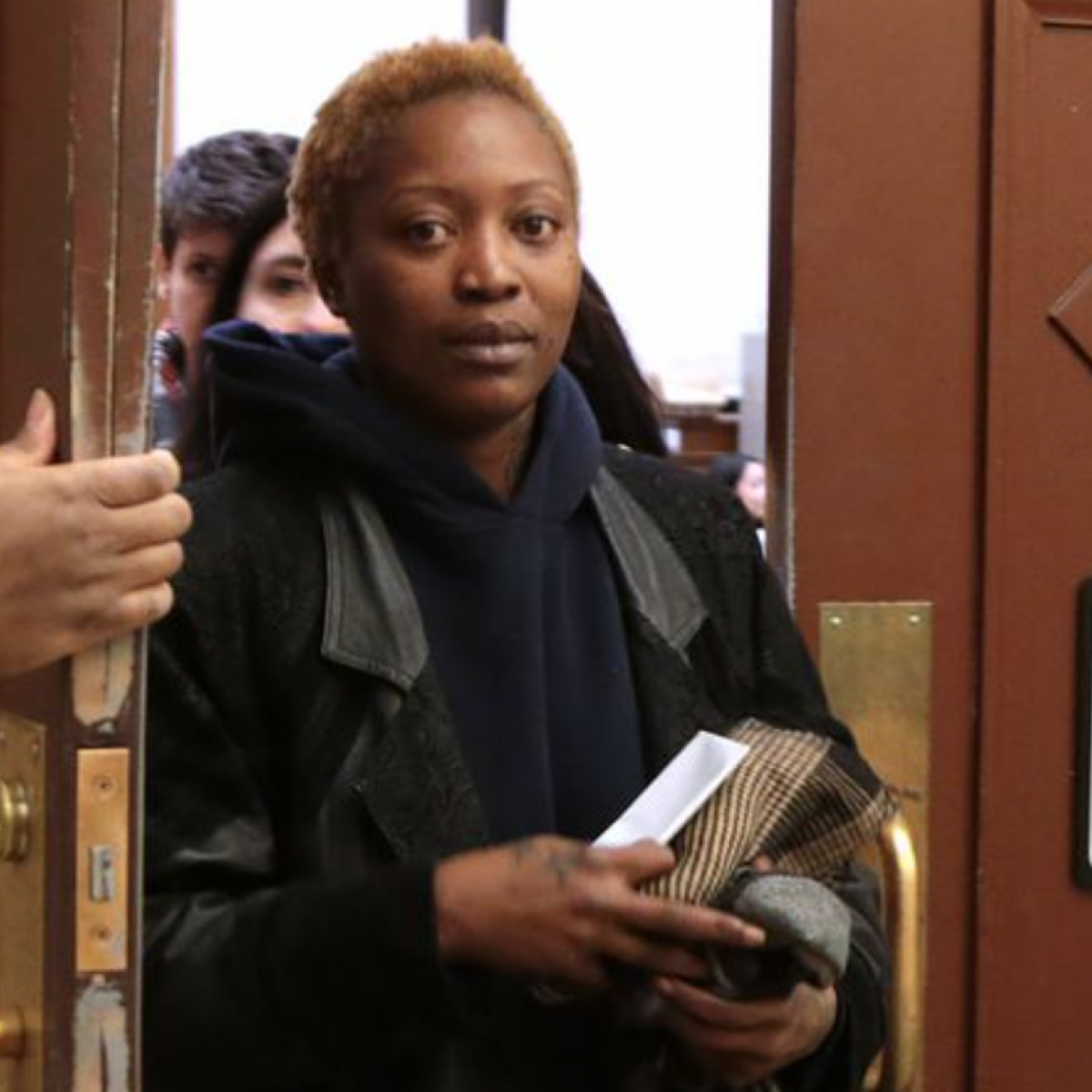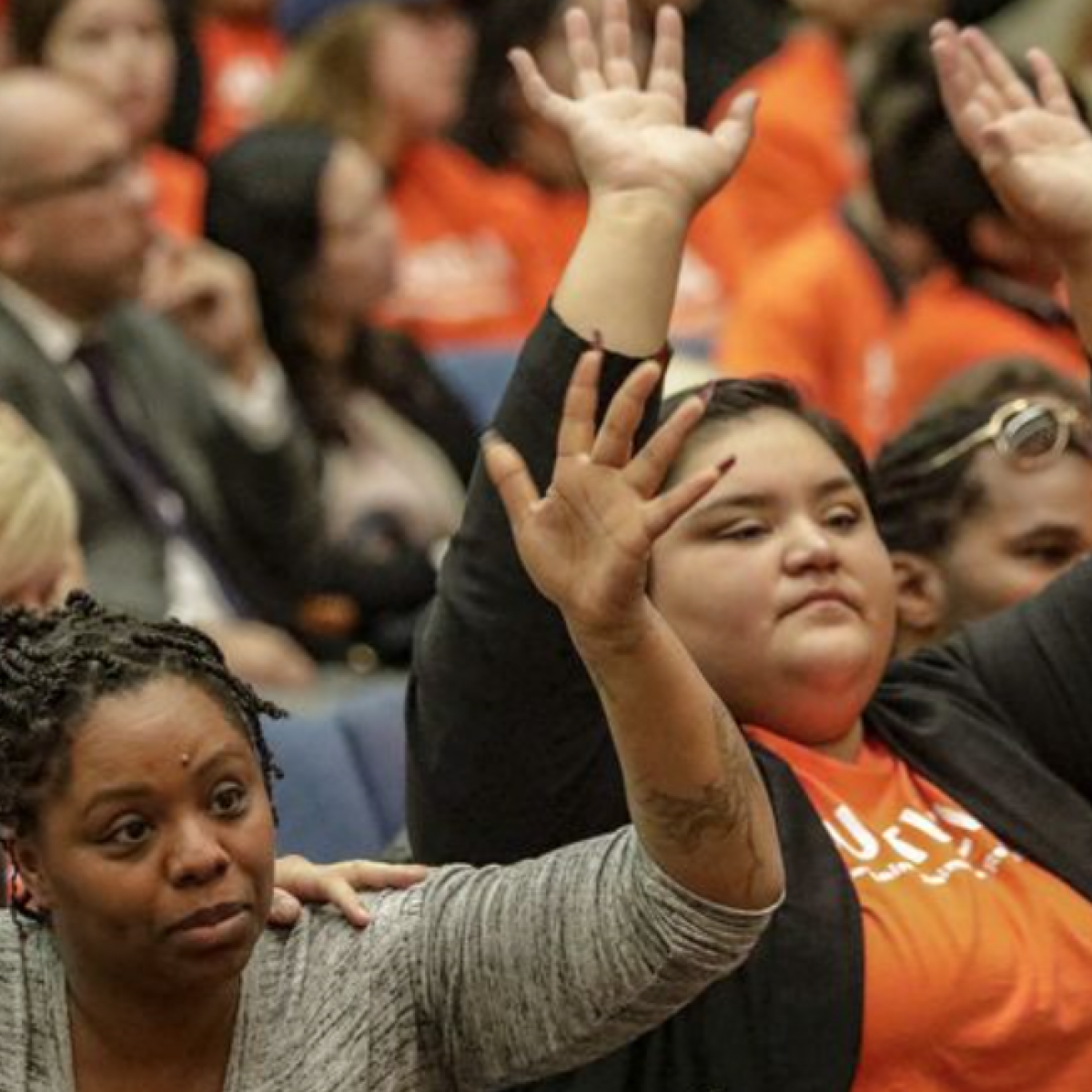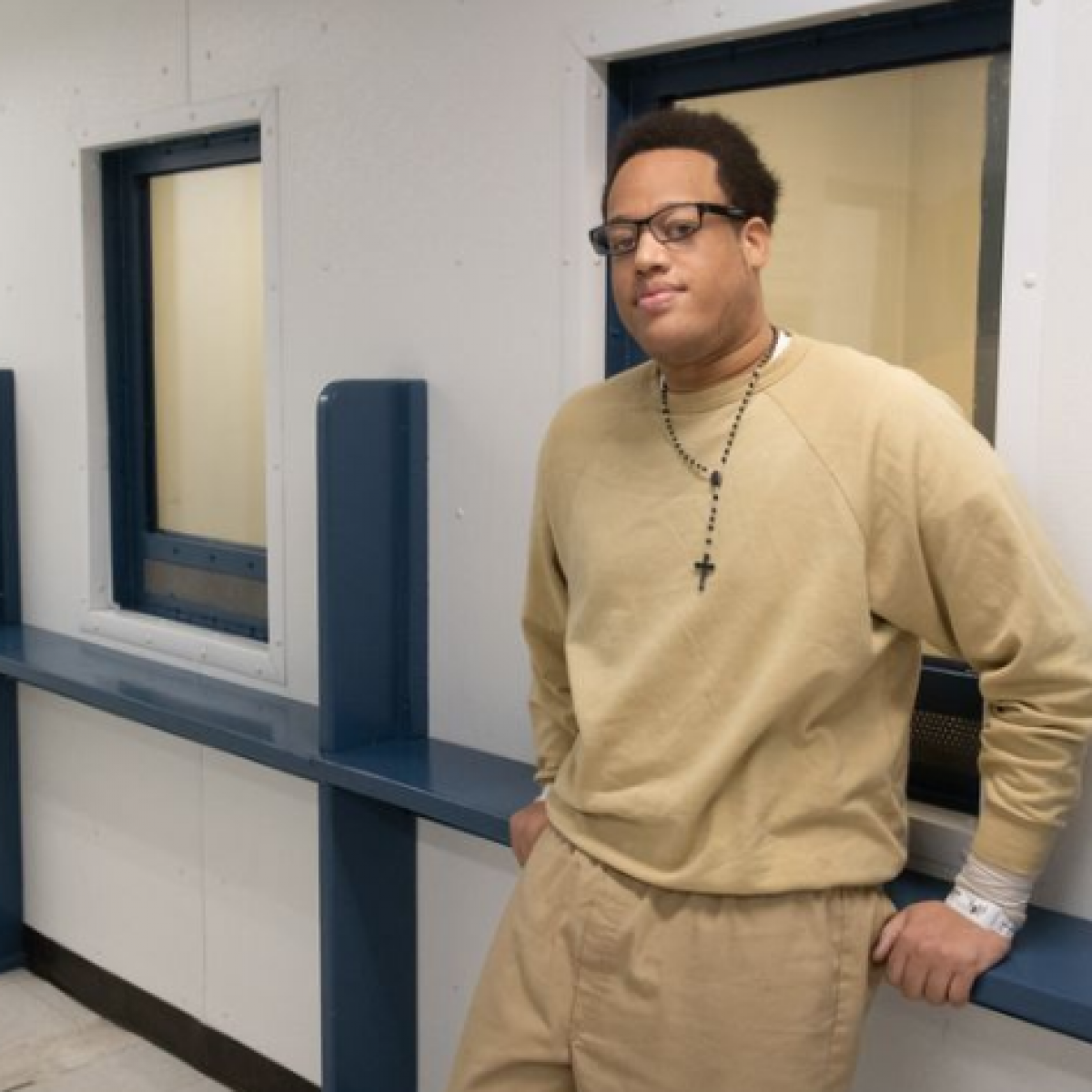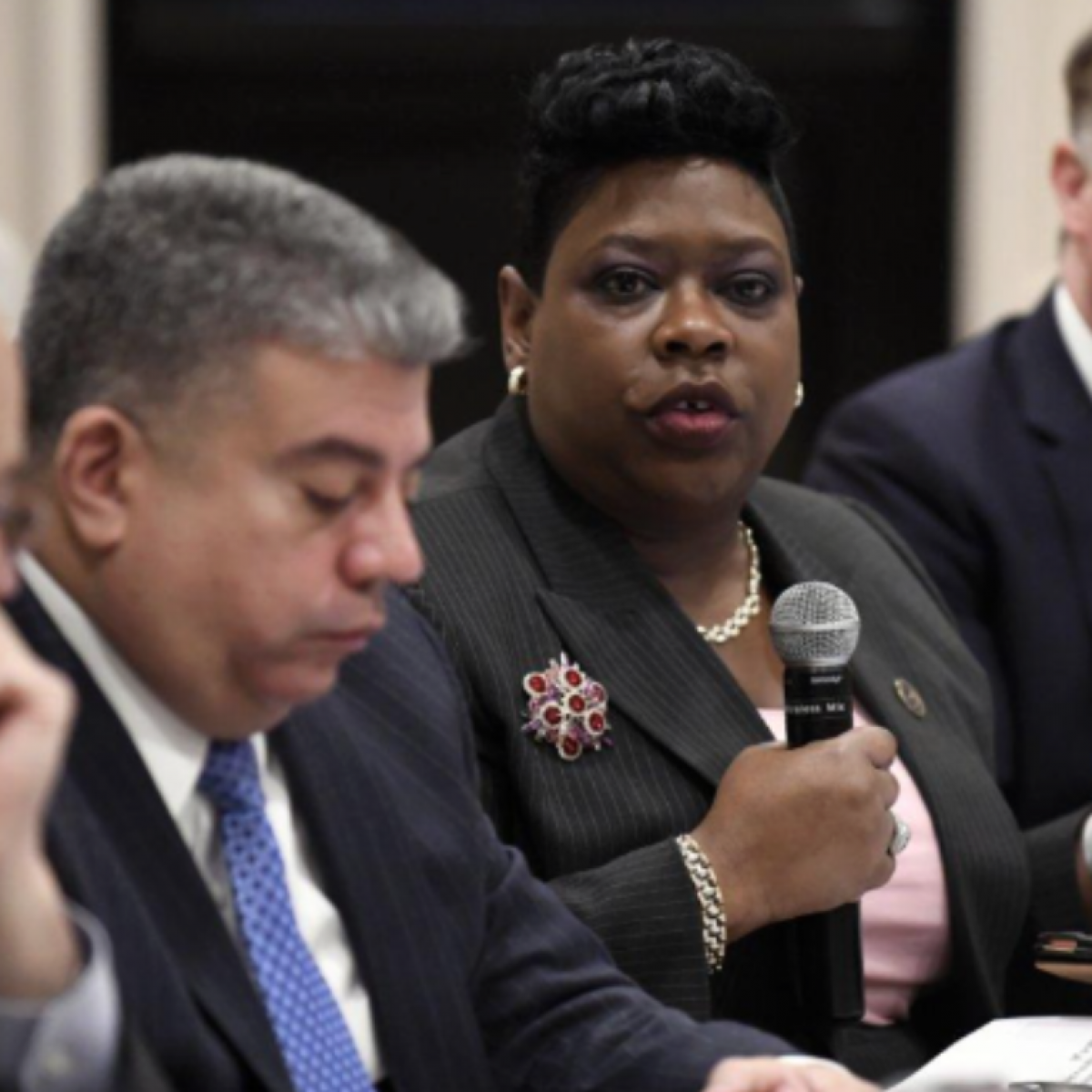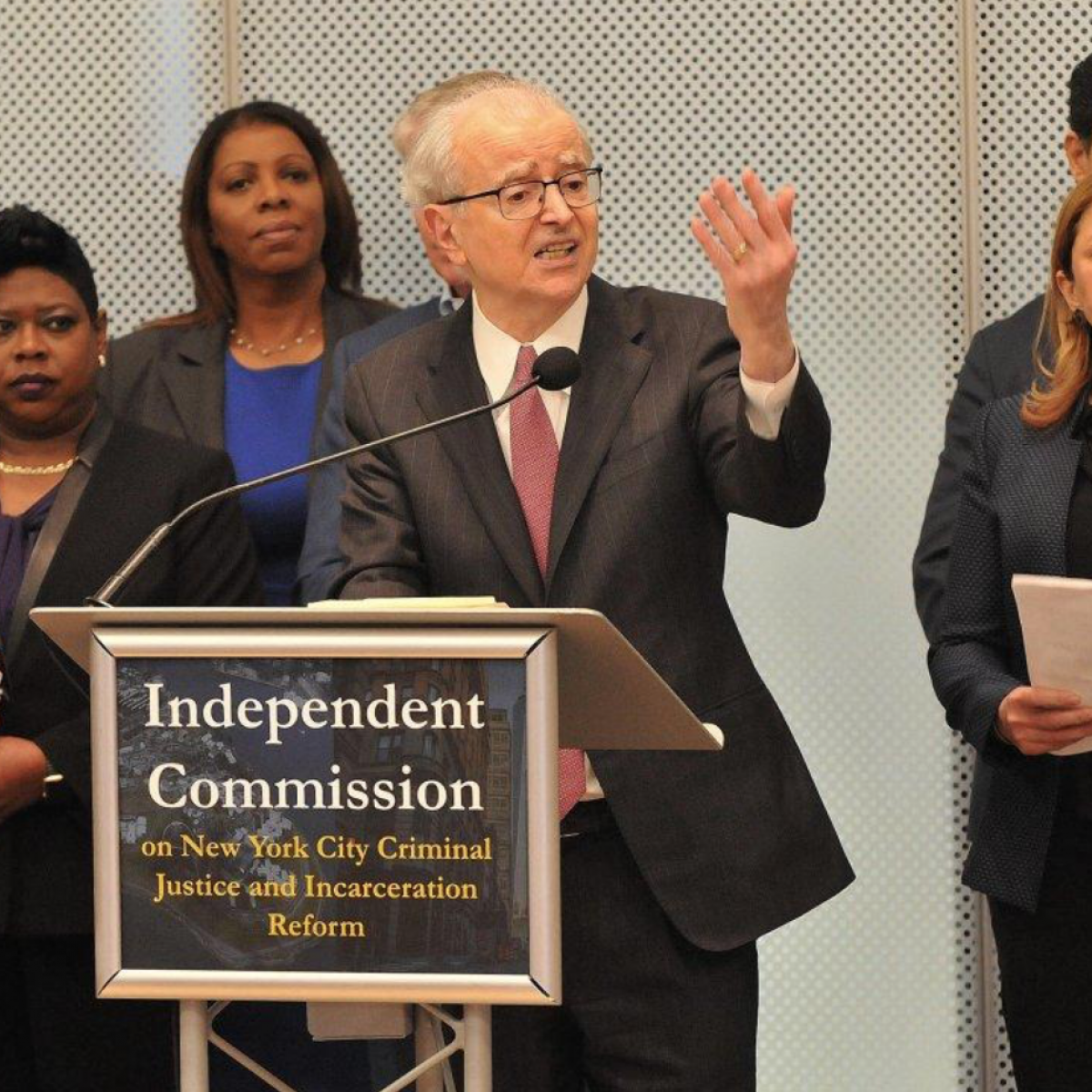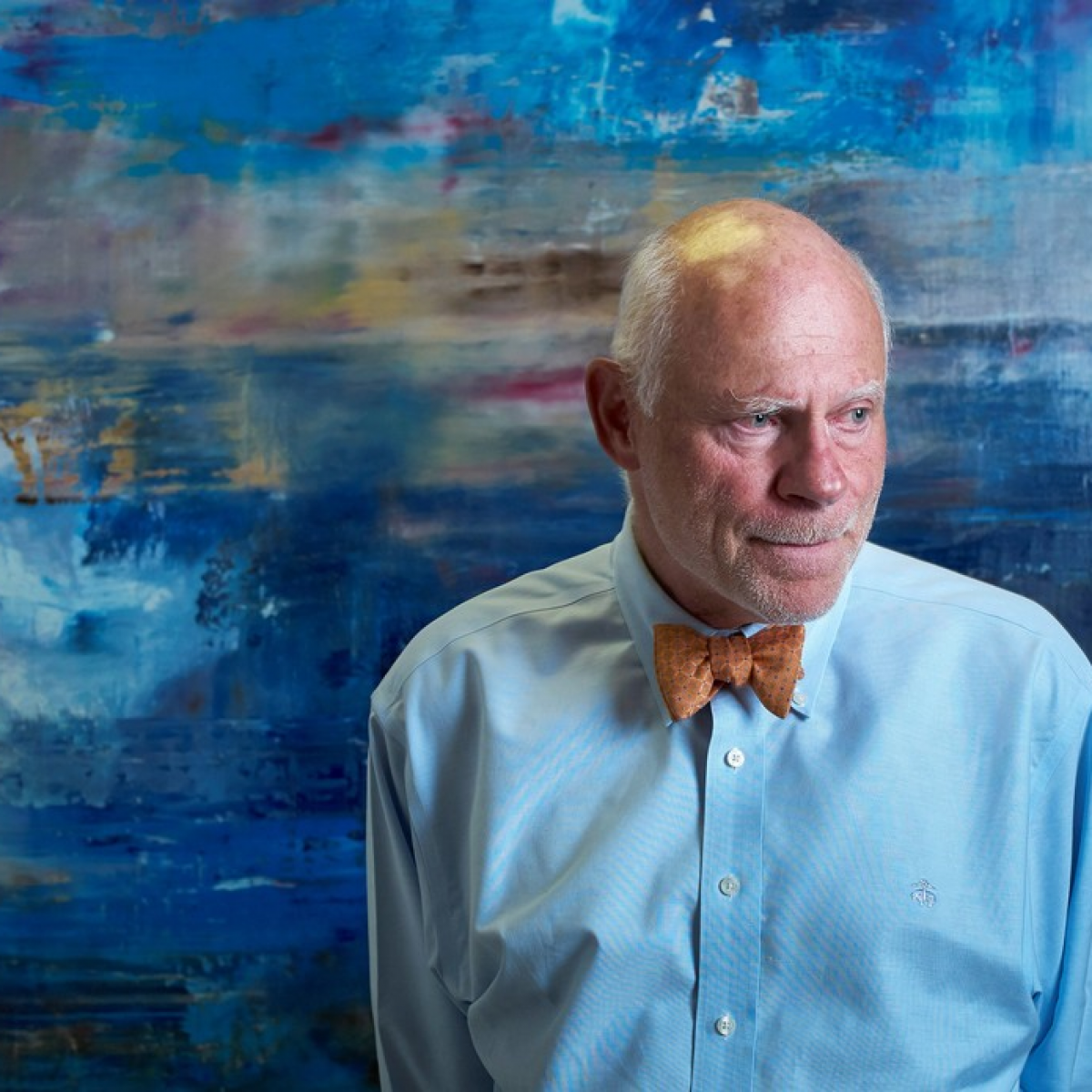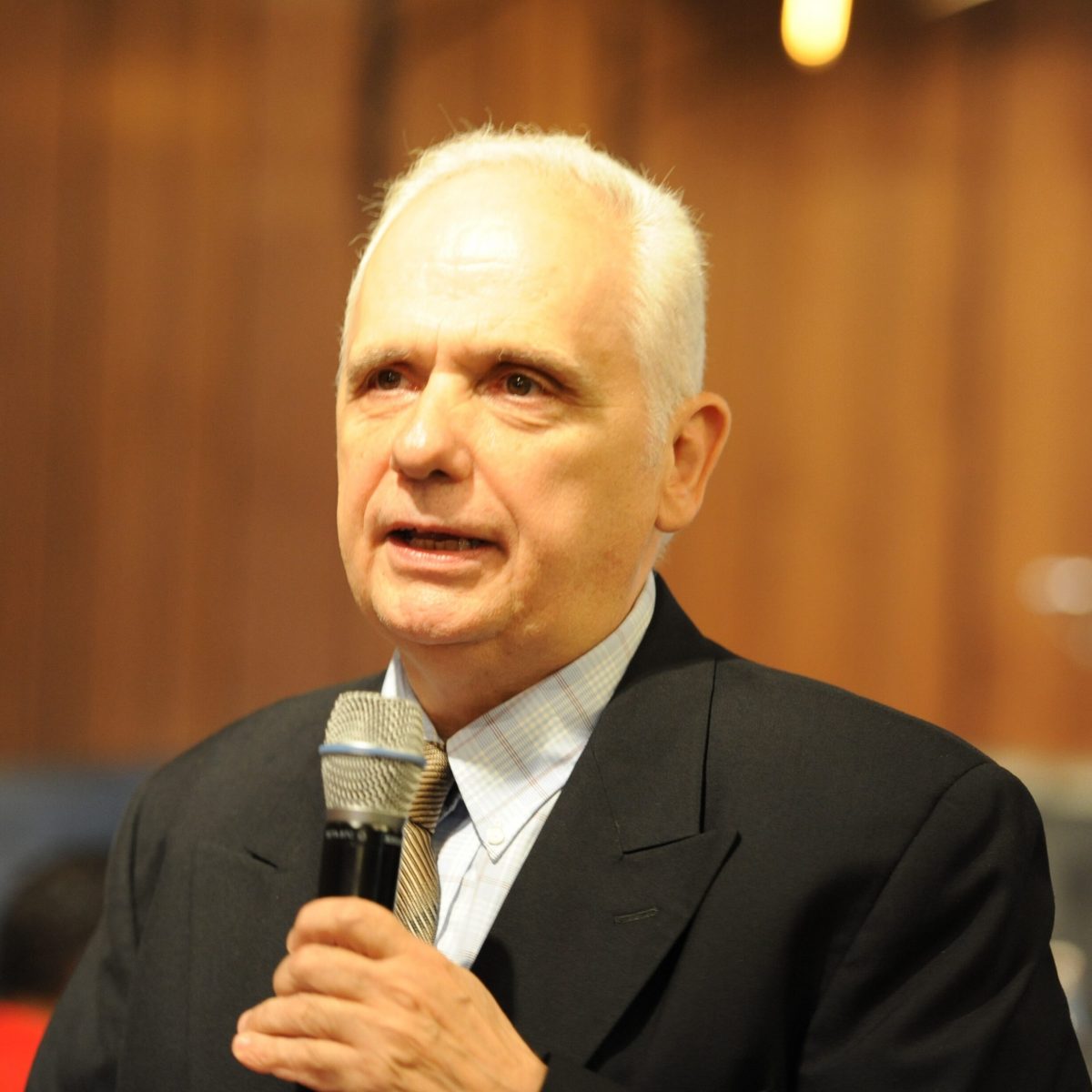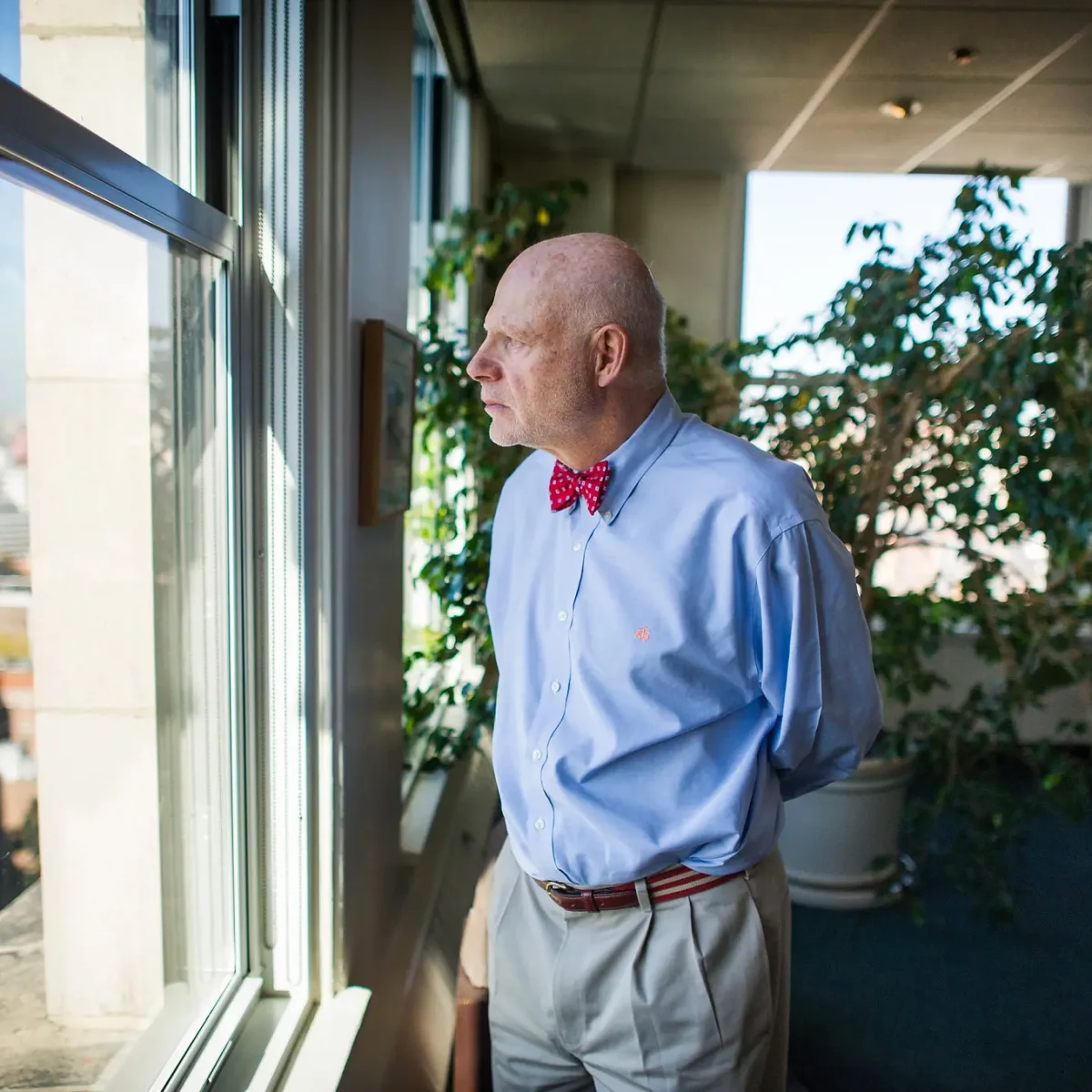Twenty-five years after passage of the first federal Mental Health Parity Act, a recent Harris poll found most Americans view mental and physical health as equally important and fundamental to their overall well-being. It’s past time to treat sexual health on par with both. The consequences of the current disconnect are wide-ranging, from the inability to fully experience pleasure to the commission of criminal sexual offenses.
Most people’s understanding of sexual health is surprisingly limited. Even talking about the basics can be fraught. According to Planned Parenthood, while 42% of parents surveyed reported talking with their teens “many times” about sex, only 27% of teens agreed, and 34% said they had “never” or “only once” talked with their parents, with few planning to do so in the future.
Things are not much better in the doctor’s office. One-third of all adolescents never discuss sex during annual visits — and when it is discussed, the conversation averages “36 seconds.” No wonder, as one study put it, “[a]dolescents in the United States…experience higher rates of pregnancy and sexually transmitted infections than those in most other developed countries.”
As adults, many of us still have ambivalence and fear about sex talk, let alone talking about pleasure. Unfortunately, when adults do seek help, professionals are not always comfortable or prepared to talk about it. A 2021 study found “many health-care providers and the institutions in which they practice are not adequately trained, prepared or supported to take on this [discussing sexual pleasure] task.”
As a society, we also seem increasingly incapable of rational conversations about sex and sexuality. Look at the alarming number of states following Florida’s misguided lead by enacting so-called “don’t say gay” laws.
Our problems talking about sex are not “just” about whether we can get children and young adults comfortable with the birds and the bees. Our refusal to face the facts has far-reaching consequences beyond the (adult) bedroom, because those most at risk for sexual harm are children, abused by people they know, often in their own beds or the homes of extended family members or acquaintances.
If the goal is to stop this kind of harm, we must talk about sex — the good, the bad and the very ugly — and make sure children are well versed in it too. Yet childhood sexual abuse is still too often underreported or, even more tragically, not acted upon by “responsible” adults when a child manages to speak up.
We also need to better understand paraphilic disorders, including pedophiliabecause, as one study explained, ”only about 50% of all individuals who do sexually abuse children are pedophilic” and not every person with pedophilia abuses children. Contrary to stereotype, for most living with pedophilia, it does not come from being sexually abused as a child.
According to James Cantor, director of the Toronto Sexuality Center, “[t]he biological clues attached to pedophilia demonstrate that its roots are prenatal…These are not genetic; they can be traced to specific periods of development in the womb.”
And there’s more to talk about, like the social justice of sex and why in our society, Black bodies are often sexualized differently than white bodies. Beginning in kindergarten, Black girls are suspended at far higher rates than Black boys or white boys and girls due in part, to subconscious sexualization.
We must also understand why some people with autism end up before judges after viewing child pornography online and how sex education tailored to those with autism could prevent some of this sexual harm.
In the end, we also need to acknowledge that prisons and jails, the places we send people who have committed crimes (sexual or otherwise), are highly sexualized, toxic places where sexual, physical or mental health is rarely possible or perhaps considered. Not surprisingly, many people come out more unhealthy than they went in. That’s especially true for those who are sexually assaulted while inside, including transgender people and other LGBTQ people.
Some may ask why sexual health matters in a prison. If for nothing else, about 95% of incarcerated people return to society and there is evidence to suggest that when those who have committed sex offenses do return, sex registries, intended to keep the public safe, actually do more harm than good. Not only do registries keep people from getting jobs or housing, most people convicted of sex offenses do not commit another sex offense and 95% of those charged with sex offenses were not on the registry.
To begin to address these issues, we at the Greenburger Center have begun hosting an eight-part virtual series called From “Sexual Health to Sexual Harm,” Friday mornings starting at 11:30 a.m. Renowned experts will discuss sex because it’s time to talk about it all — the pleasurable and the problematic and everything in between.
Roberts is the executive director of the Greenburger Center for Justice.





